Poor women living along the Texas-Mexico border are experiencing changes in the way they access and receive health services, especially after the Legislature's decision in 2011 to cut the state's family-planning budget statewide. This year, the issue of public financing for contraceptives and cancer screenings has often become intertwined with the controversy surrounding abortion. In the Rio Grande Valley, women rarely discuss the latter. However, they are beginning to nurture a political voice that emphasizes the prevention of unplanned pregnancies and abortions.
Below is a visual look at reproductive health issues in one of the country's poorest areas.
Photos by Reynaldo Leal.
Lucy Felix, an organizer with the National Latina Institute for Reproductive Health, leads a community meeting at the Alamo Community and Resource Center in Hidalgo County. About two dozen women and children gathered to play games, eat tamales and learn about the importance of health screenings. The Rio Grande Valley has one of the highest cervical cancer rates in the country.
Elvia Hernandez fills out a breast cancer awareness questionnaire during a Texas Latina Advocacy Network meeting. For many women, this is a rare opportunity to discuss health issues.
Texas Latina Advocacy Network volunteers gather at a house in Alamo to discuss plans to raise funds for future events in the Rio Grande Valley. Some of the women here already have children and are trying to prevent another pregnancy.
A Mexican soldier stands guard at the Nuevo Progreso border entry, across the border from Weslaco, Texas. Health providers in the Valley tell stories of women going to pharmacies across the border in Mexico, in search of a drug they hope will terminate unwanted pregnancies. But the providers say that the pharmacies, which are largely unregulated, often fail to give proper instructions for the drug, and that it does not always give the women the result they seek.
A variety of contraceptives are laid out on a Downtown Pharmacy counter in Nuevo Progreso, Tamaulipas. The drugs are available over the counter and cost $7 to $20. Employees said most of their customers are American women, and they cross the border to stock up on supplies for themselves, as well as friends and family.
A pharmacy employee in Nuevo Progreso holds a box of Cytotec, the brand-name form of misoprostol. The medication is intended to treat ulcers but has been used by some women as an abortifacient.
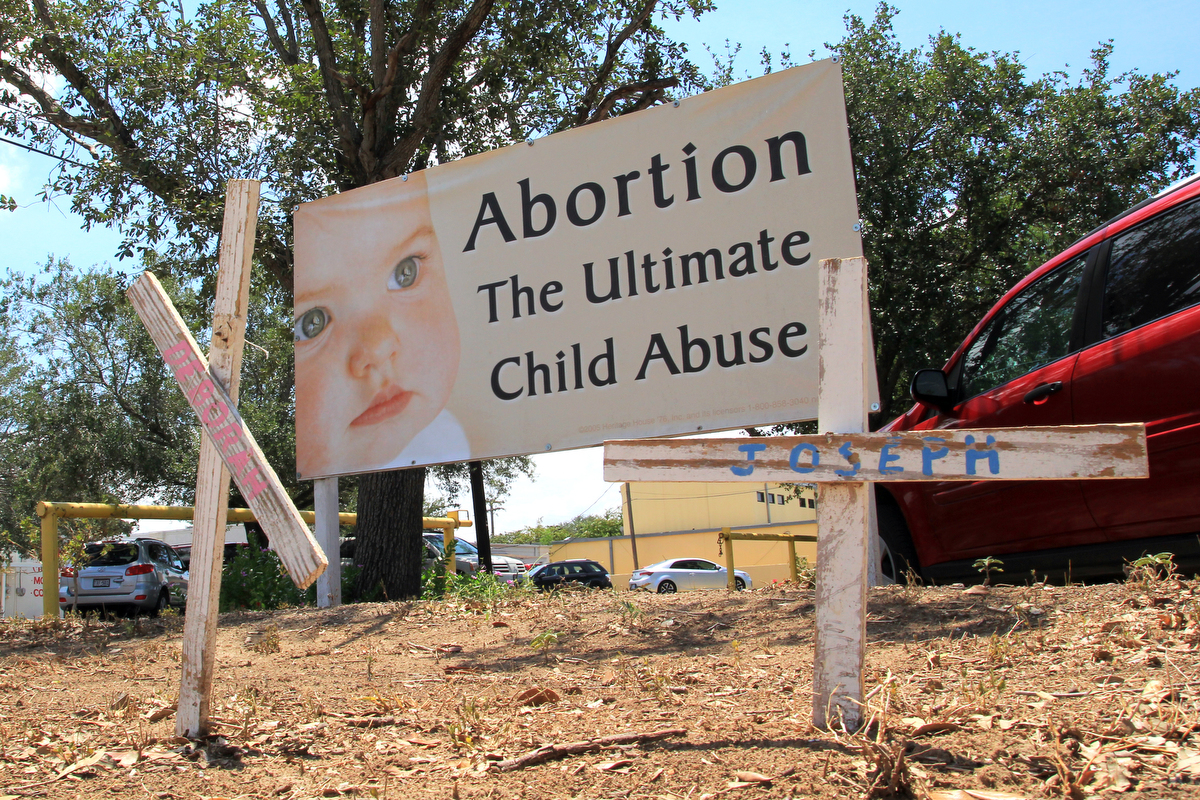
Wooden crosses are planted outside the Whole Woman's Health center parking lot in McAllen.
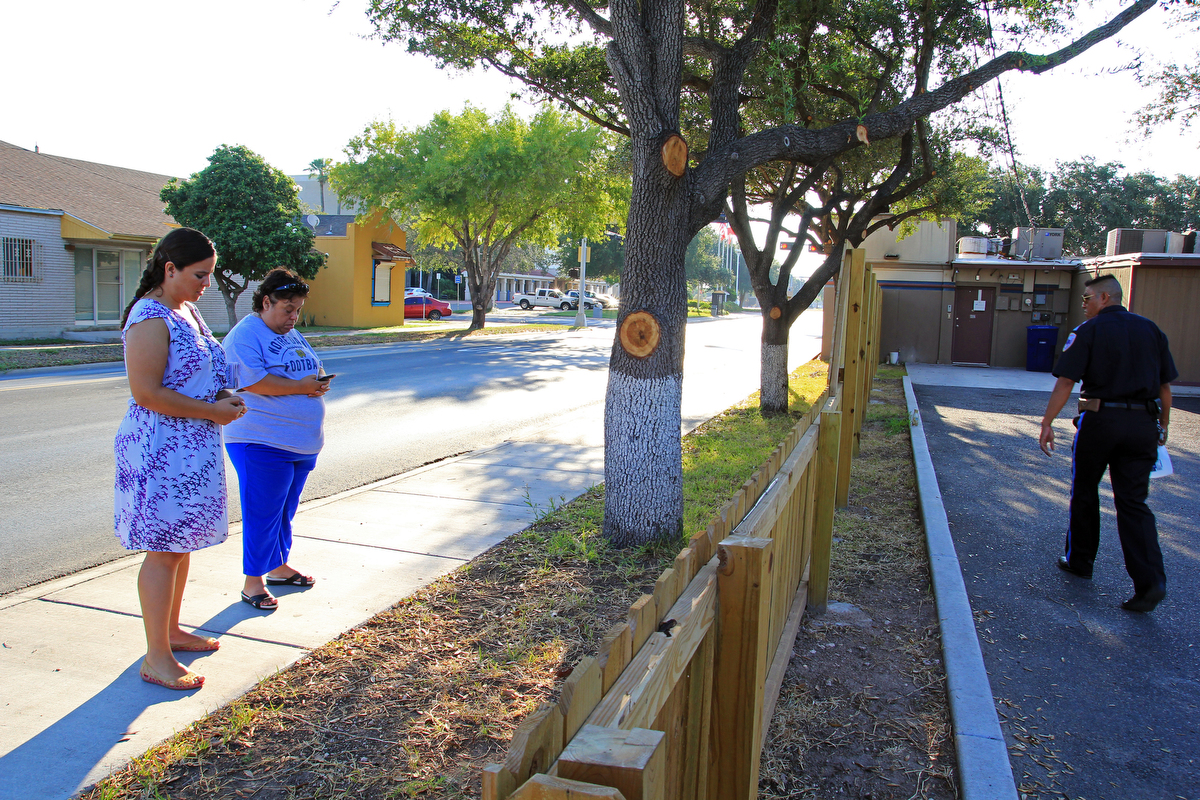
Catherine Hake (left), the executive director of the McAllen Pregnancy Center, prays with her mother, Yolanda, outside Whole Woman's Health, one of two abortion clinics in the Valley.
A U.S. Border Patrol checkpoint in Falfurrias, Texas. Illegal women seeking a second-trimester abortion at ambulatory surgical centers north of the Valley face the challenge of dealing with the checkpoints. A large sign shows drivers how many drugs and undocumented aliens have been detained in the last year.
Border Patrol agent Phillip Westerman, 42, makes sure a driver matches her identification. It is unclear how many illegal immigrants are going north from the Valley to seek second-trimester abortions.
The National Latina Institute for Reproductive Health's Lucy Felix lives and works in the Valley. In a volunteer's house in Alamo, she explains how her group is trying to educate Hispanic women about their reproductive rights. "What my organization does is educate women so that they can prevent pregnancy in the first place, and then give them the understanding that they have a choice," she said. "That’s why we want these women’s health programs. It’s a lot cheaper to prevent pregnancies than it is to pay for pregnancies or abortions."
A pregnant woman originally from Reynosa, Tamaulipas, said she tried to get contraceptives at the Planned Parenthood Association of Hidalgo County, but she said she couldn't get the contraceptives after the state cut funding.
This story was made possible by a grant from Atlantic Philanthropies and was produced as part of New America Media’s Women Immigrants Fellowship Program.
Texas Tribune donors or members may be quoted or mentioned in our stories, or may be the subject of them. For a complete list of contributors, click here.
Information about the authors
Learn about The Texas Tribune’s policies, including our partnership with The Trust Project to increase transparency in news.
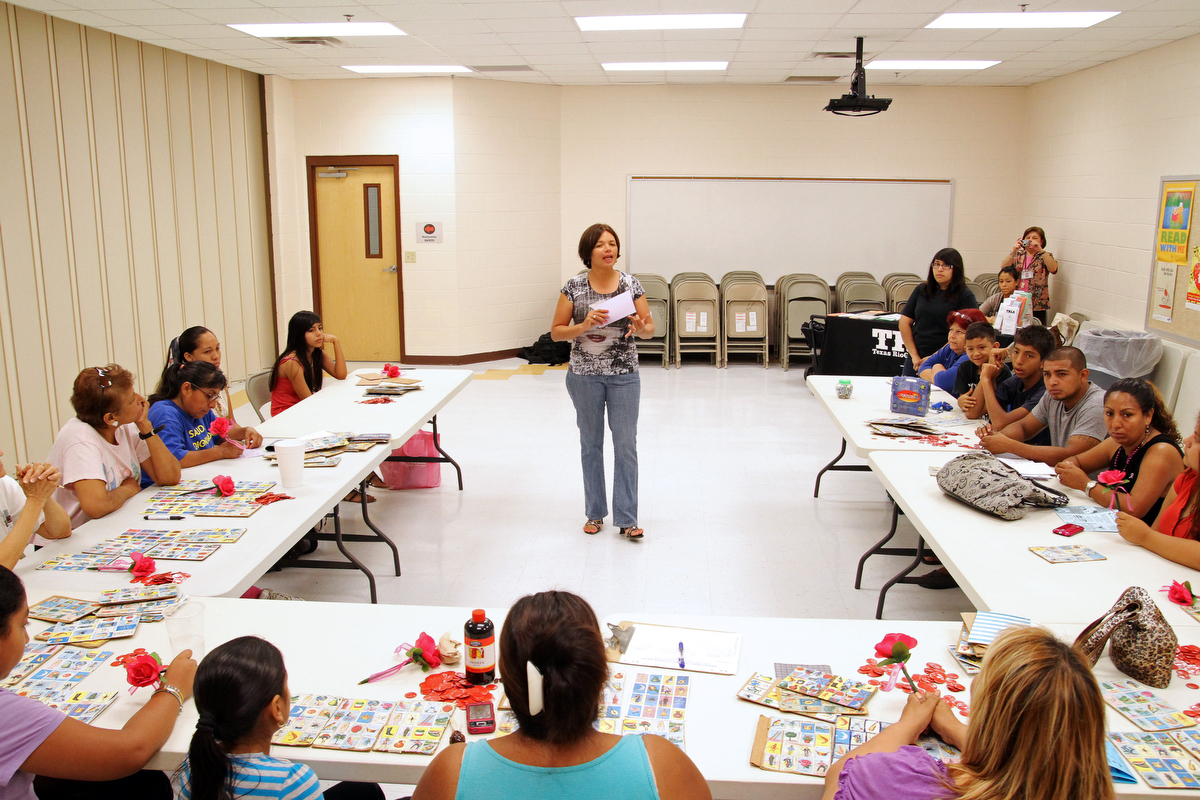
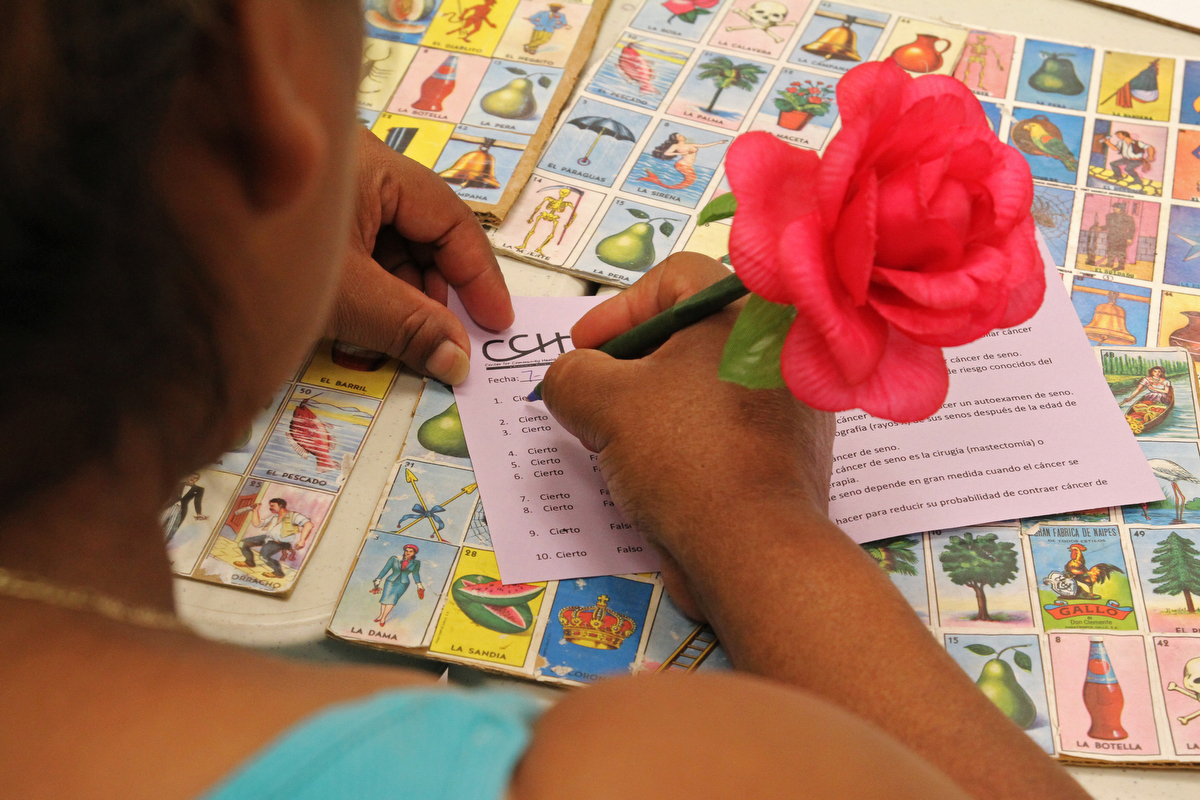
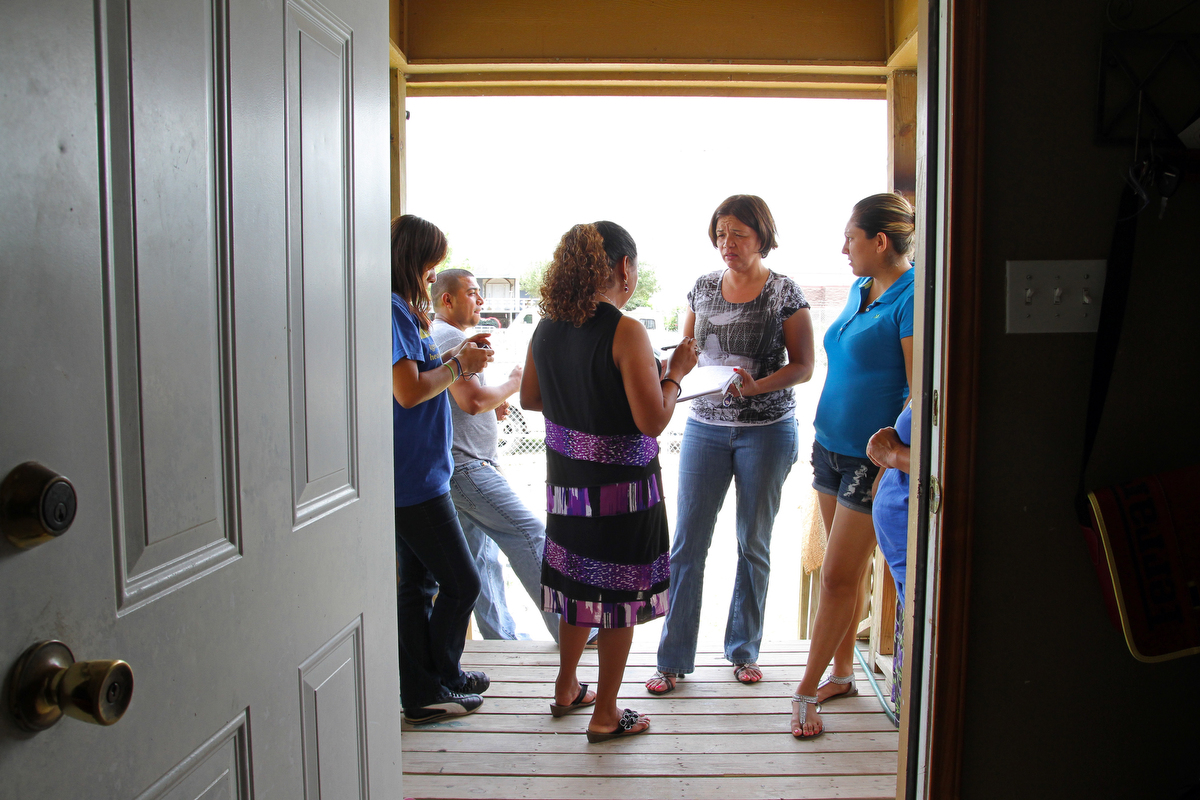
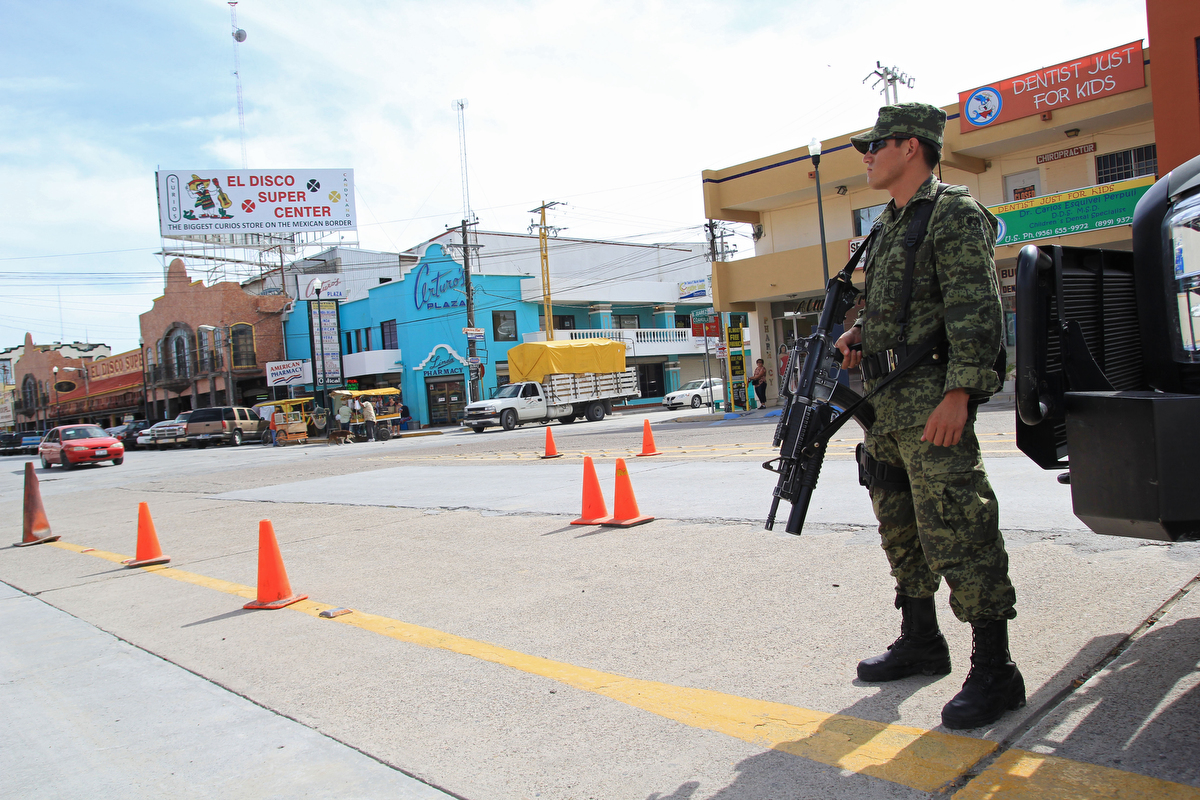

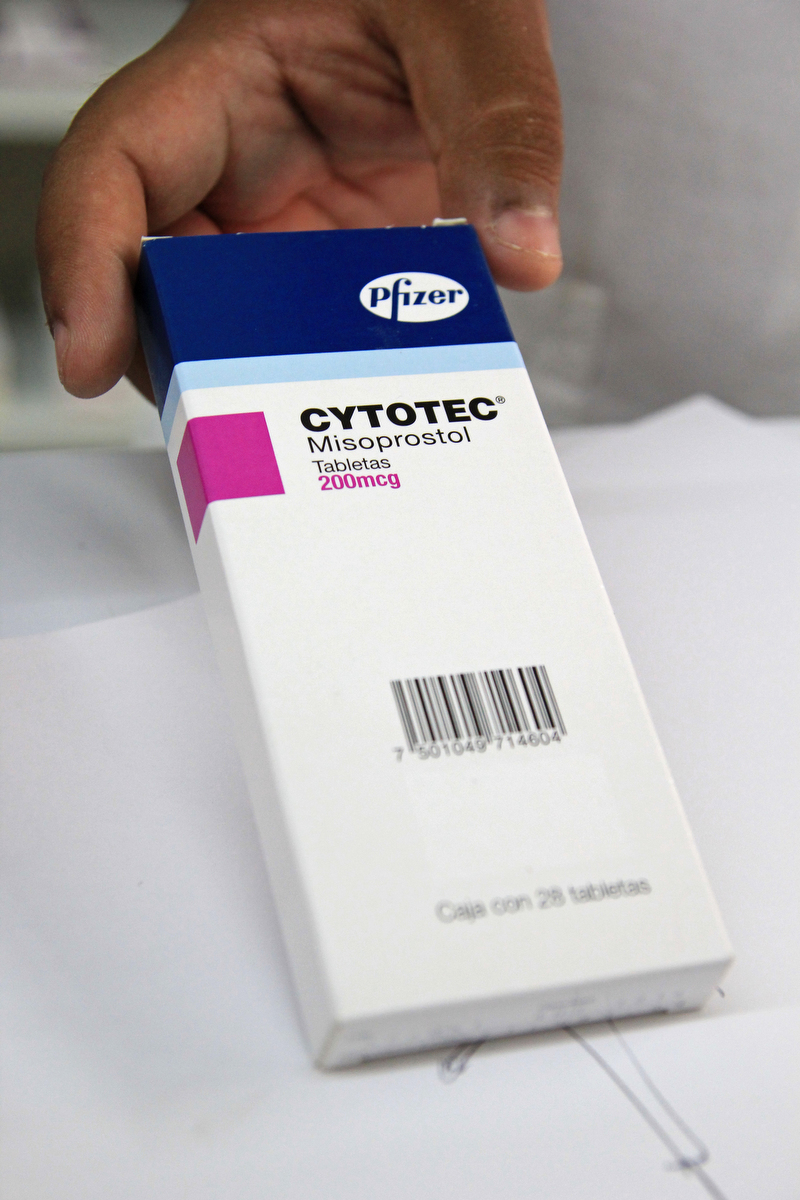


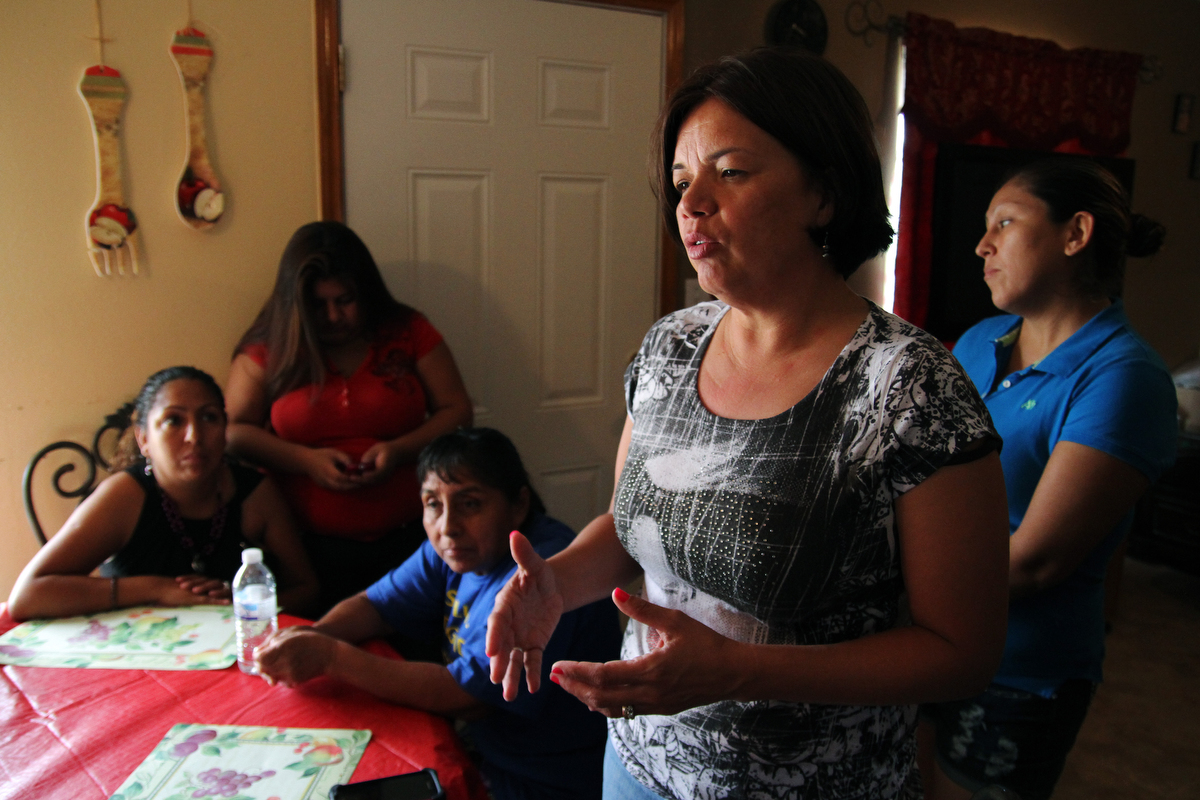
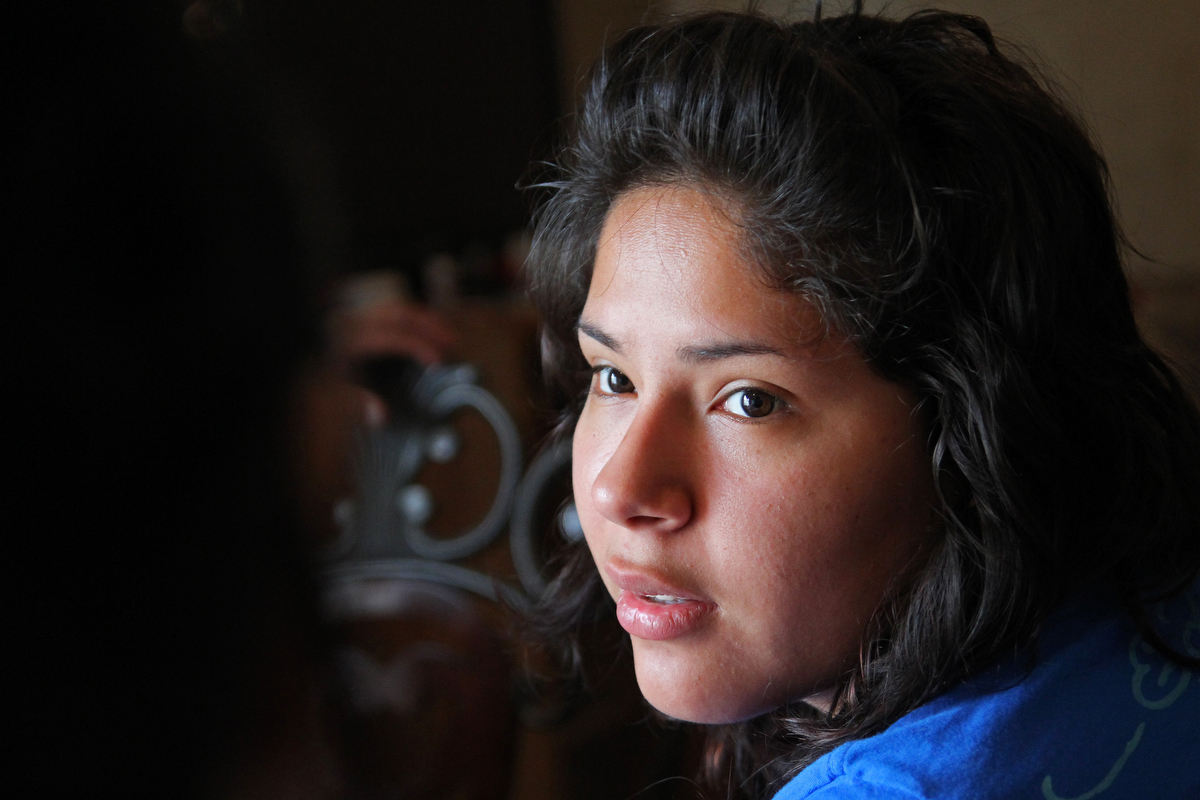
/https://static.texastribune.org/media/profiles/Thanh2011HeadShot.png)